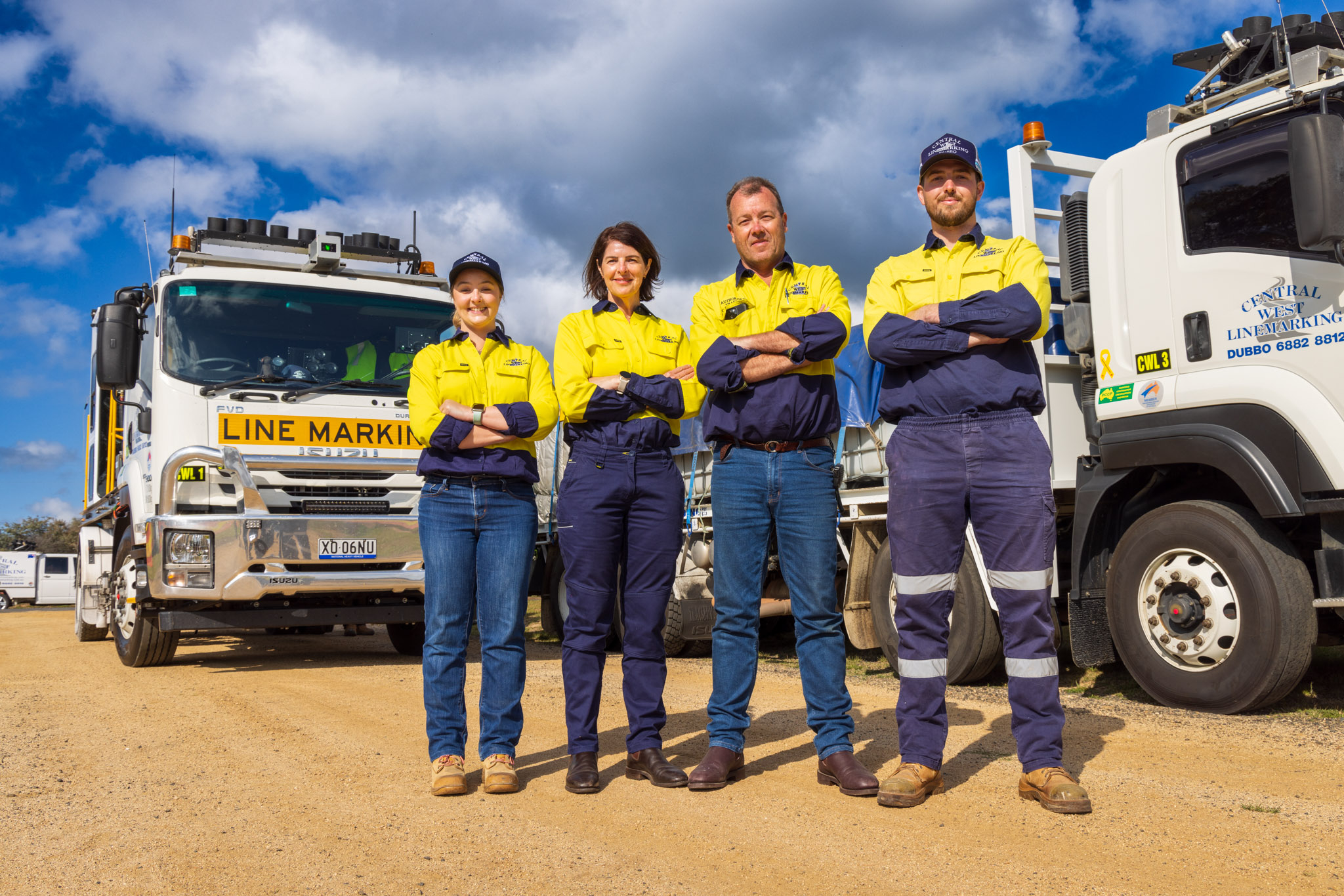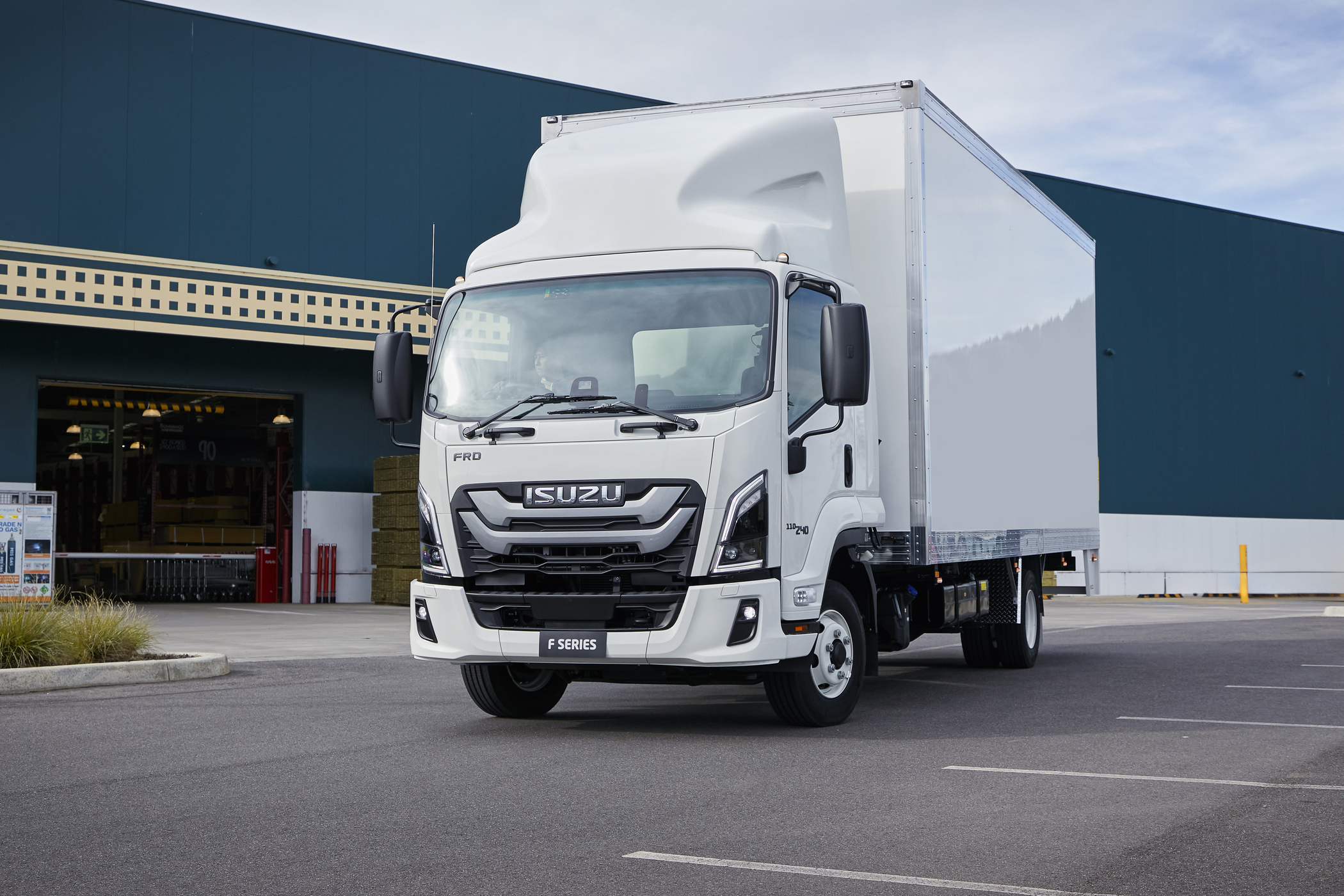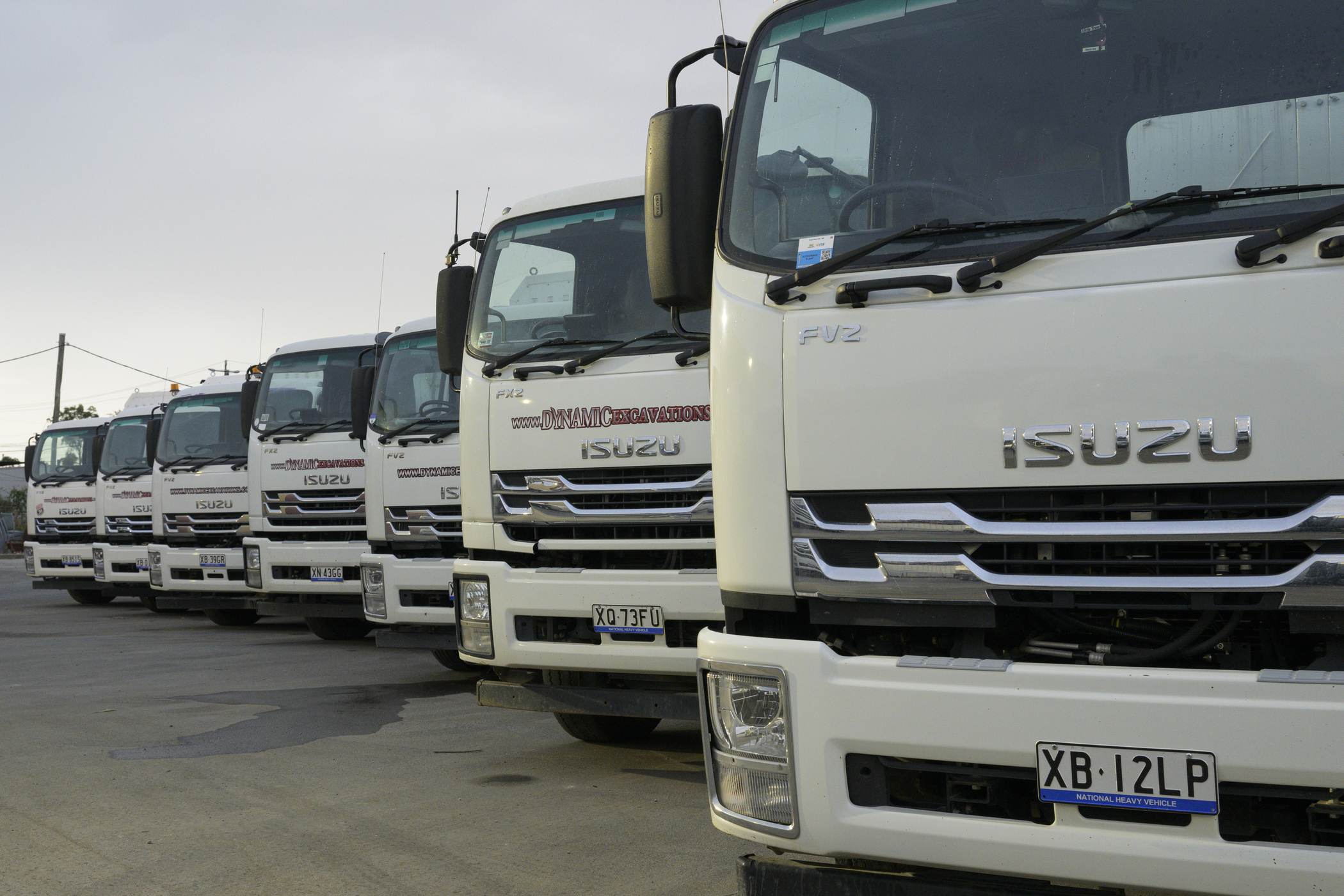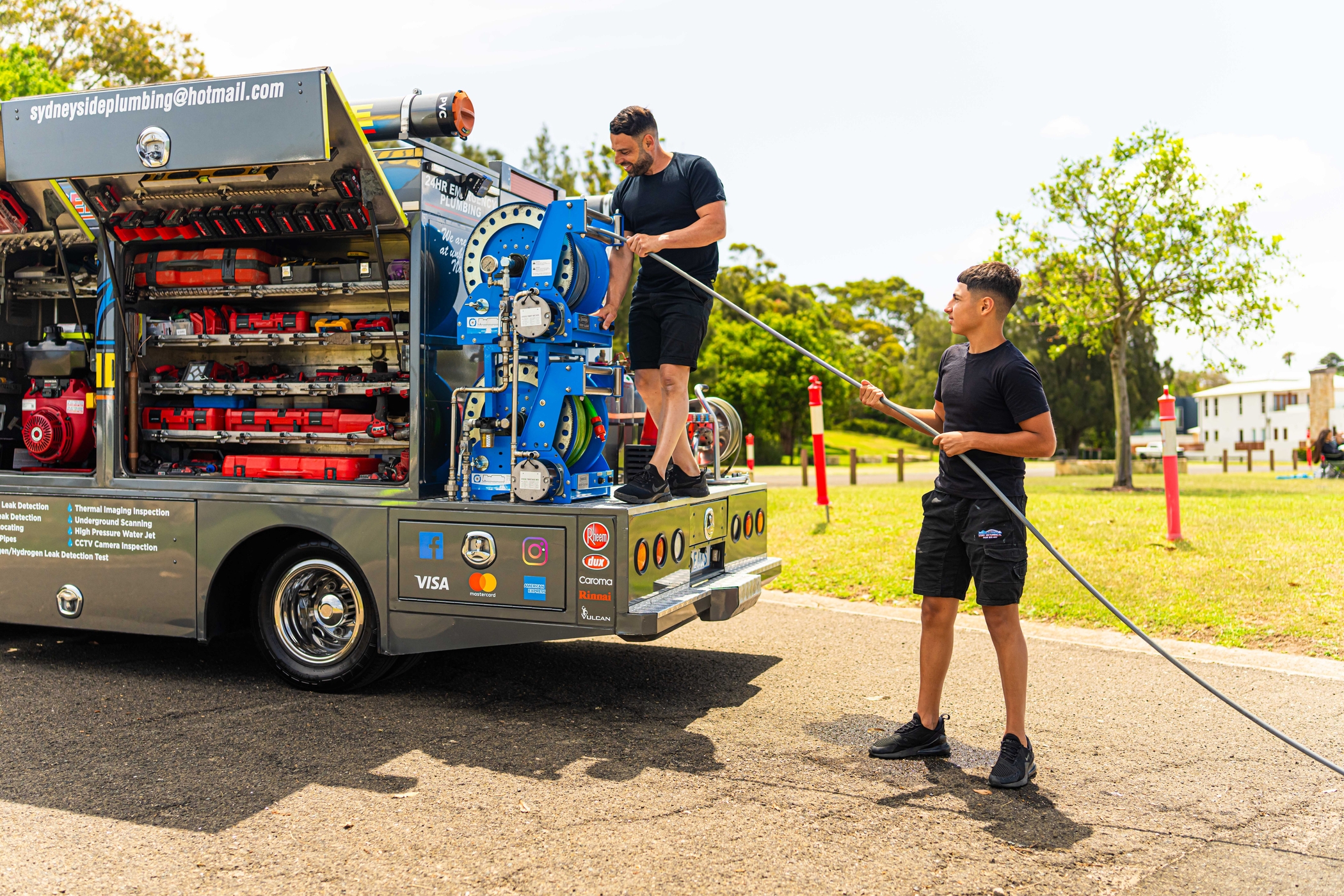Safely Sharing the Road with Trucks in Summer
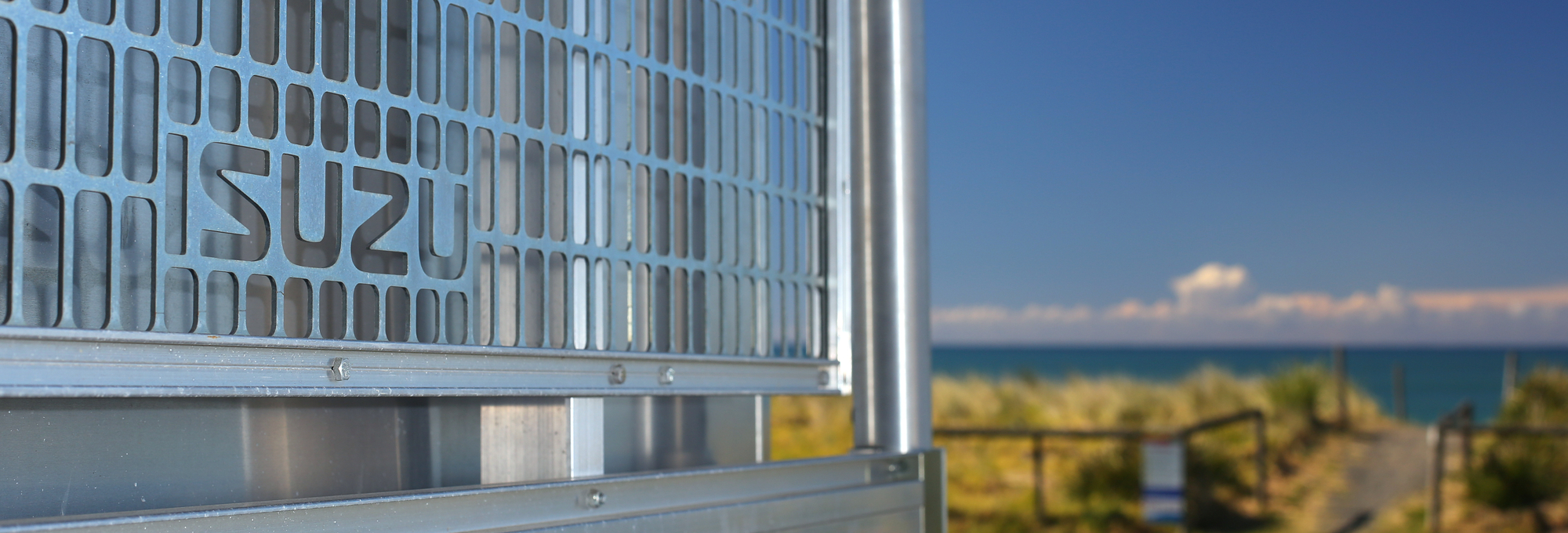
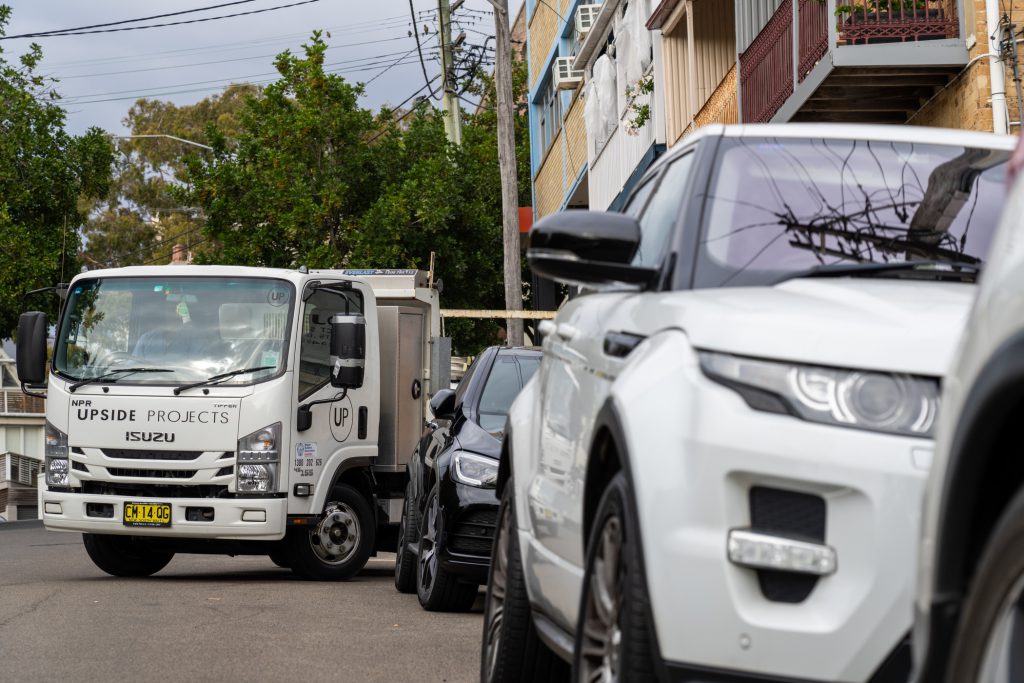 Understanding best practices for co-habiting our highways and byways with heavy vehicles before embarking on a holiday trip can help all members of the commuting community.
Isuzu Australia Limited’s (IAL) National Sales Manager, Les Spaltman, said this November’s increased fatality toll was a good reminder for motorists to understand safe driving practices around trucks, and shared some advice for sharing the road over the summer.
“Driving safely around trucks is not a difficult task to undertake, but it is a critical that regular drivers are aware of the distinct differences in operating a truck compared to passenger vehicles,” Mr Spaltman explained.
“The most important thing to note is that truck drivers do not have the same luxury of vision as car drivers. Even as technology continues to advance and blind spots disappear, there will always be danger areas when operating a large vehicle.
“Avoid merging or making any sudden actions in these blind spots, even if you’re travelling a small distance in front or behind a truck. Sometimes the driver won’t have enough time to react to your decision.”
The most dangerous blind spots are behind a truck, directly in front (depending on cabin height) and on each side, with the passenger side bigger than the driver’s side.
Unfortunately, that equates to car motorists being in a potentially dangerous spot in almost every position, especially when travelling at speed, noted Mr Spaltman.
“Consider the amount of time a truck needs to brake. While some smaller truck models are car-like, as you move into the heavier-weight divisions and B-Doubles with trailers, the law of inertia means that trucks need more time to stop,” he said.
“So, when you’re stuck in frustrating summer traffic, especially on your way in or out of main cities, resist the temptation to merge in front of a truck to gain a few metres in the next lane.”
Understanding best practices for co-habiting our highways and byways with heavy vehicles before embarking on a holiday trip can help all members of the commuting community.
Isuzu Australia Limited’s (IAL) National Sales Manager, Les Spaltman, said this November’s increased fatality toll was a good reminder for motorists to understand safe driving practices around trucks, and shared some advice for sharing the road over the summer.
“Driving safely around trucks is not a difficult task to undertake, but it is a critical that regular drivers are aware of the distinct differences in operating a truck compared to passenger vehicles,” Mr Spaltman explained.
“The most important thing to note is that truck drivers do not have the same luxury of vision as car drivers. Even as technology continues to advance and blind spots disappear, there will always be danger areas when operating a large vehicle.
“Avoid merging or making any sudden actions in these blind spots, even if you’re travelling a small distance in front or behind a truck. Sometimes the driver won’t have enough time to react to your decision.”
The most dangerous blind spots are behind a truck, directly in front (depending on cabin height) and on each side, with the passenger side bigger than the driver’s side.
Unfortunately, that equates to car motorists being in a potentially dangerous spot in almost every position, especially when travelling at speed, noted Mr Spaltman.
“Consider the amount of time a truck needs to brake. While some smaller truck models are car-like, as you move into the heavier-weight divisions and B-Doubles with trailers, the law of inertia means that trucks need more time to stop,” he said.
“So, when you’re stuck in frustrating summer traffic, especially on your way in or out of main cities, resist the temptation to merge in front of a truck to gain a few metres in the next lane.”
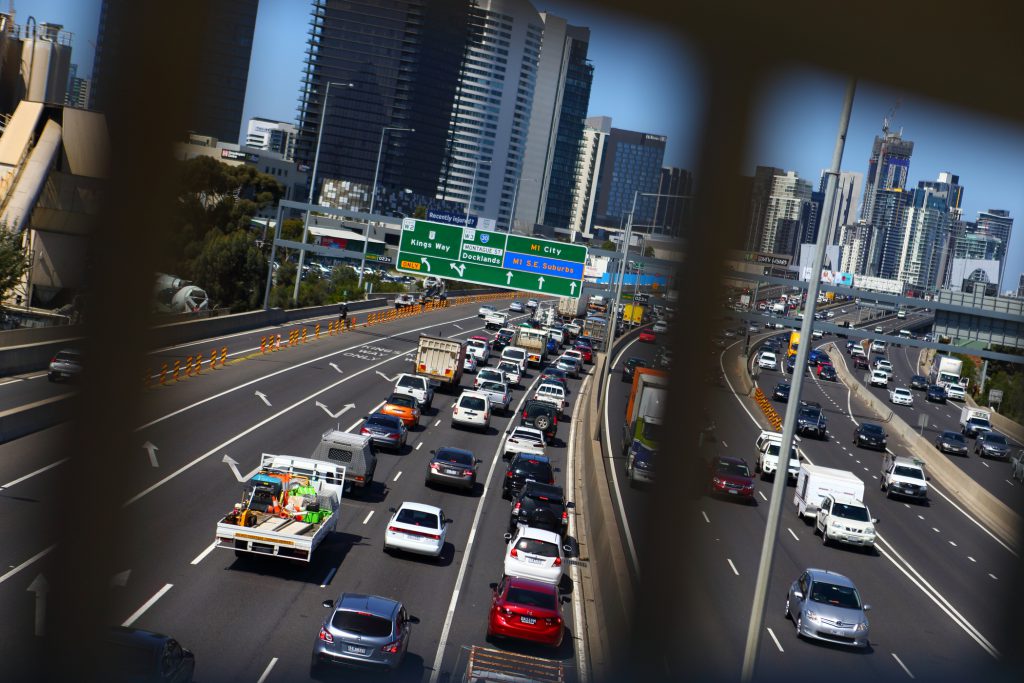 Fatigue has been flagged as a contributing factor in car and truck accidents, which can be exacerbated by the heat during summer conditions. Fatigue can impair judgement and performance, as well as reduce attention and reflexes.
Statistics show drivers are four times more likely to have a fatal crash as the result of fatigue between the hours of 10pm until dawn.
“We’ve all been there, after a long day in the sun and dinner, or a long-distance trip with the kids, you’re absolutely drained and in need of a good rest,” Mr Spaltman said.
“But getting behind the wheel in a fatigued state is not the best idea, and if it can be avoided, it should be avoided. Fatigue causes drivers to be more distracted than usual, and it’s at times like these when mistakes happen.”
Recent statistics show that 10 per cent of total road crash fatalities in Australia involved heavy trucks, with 80 per cent of those crashes attributed to the other vehicle driver being at fault—a clear indicator that on average, professional truck drivers are more concerned with safe driving practices than other vehicle drivers.
“Education often becomes the defining factor between safe and unsafe road vehicle operation,” Mr Spaltman continued.
“Truck drivers go through considerable education regarding driving around cars on the road, so it is necessary—and simply smart—for car drivers to do the same.
Fatigue has been flagged as a contributing factor in car and truck accidents, which can be exacerbated by the heat during summer conditions. Fatigue can impair judgement and performance, as well as reduce attention and reflexes.
Statistics show drivers are four times more likely to have a fatal crash as the result of fatigue between the hours of 10pm until dawn.
“We’ve all been there, after a long day in the sun and dinner, or a long-distance trip with the kids, you’re absolutely drained and in need of a good rest,” Mr Spaltman said.
“But getting behind the wheel in a fatigued state is not the best idea, and if it can be avoided, it should be avoided. Fatigue causes drivers to be more distracted than usual, and it’s at times like these when mistakes happen.”
Recent statistics show that 10 per cent of total road crash fatalities in Australia involved heavy trucks, with 80 per cent of those crashes attributed to the other vehicle driver being at fault—a clear indicator that on average, professional truck drivers are more concerned with safe driving practices than other vehicle drivers.
“Education often becomes the defining factor between safe and unsafe road vehicle operation,” Mr Spaltman continued.
“Truck drivers go through considerable education regarding driving around cars on the road, so it is necessary—and simply smart—for car drivers to do the same.
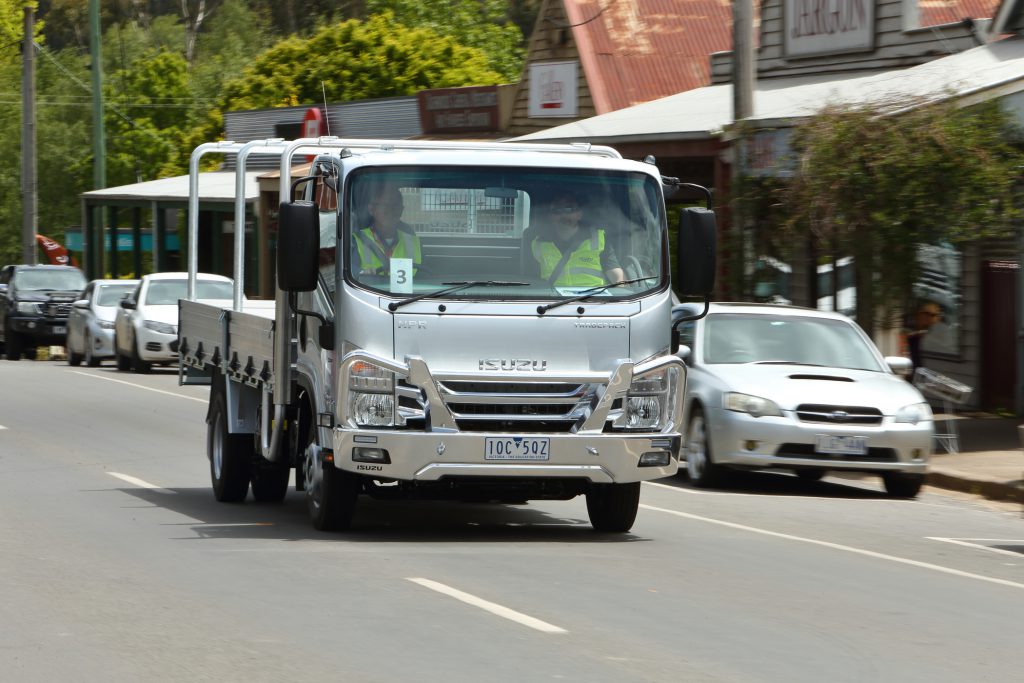 “We all want to come home to our families and continue to enjoy summers for the years to come, and so do truck drivers.
“Isuzu’s message to road users this summer is, please prepare before you head out, and try to remain patient in the traffic.
“Let’s share the road safely with truck operators who continue to work hard providing essential goods and services, while many of us are enjoying a break.”
“We all want to come home to our families and continue to enjoy summers for the years to come, and so do truck drivers.
“Isuzu’s message to road users this summer is, please prepare before you head out, and try to remain patient in the traffic.
“Let’s share the road safely with truck operators who continue to work hard providing essential goods and services, while many of us are enjoying a break.”


Save $1,000 off a 3-Year Service Agreement*
Simply purchase any of our industry-leading trucks. Terms and conditions apply.
Learn more
